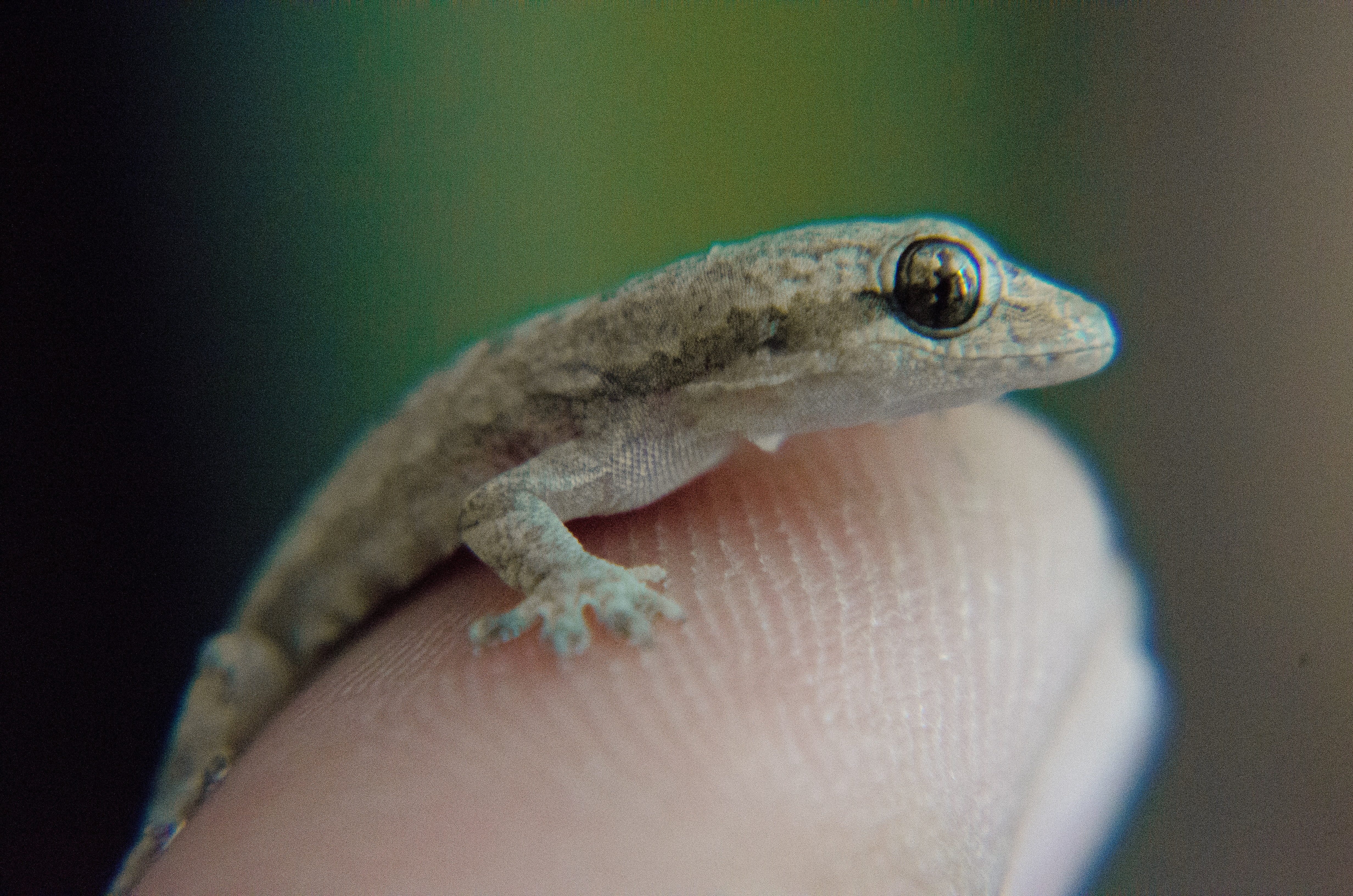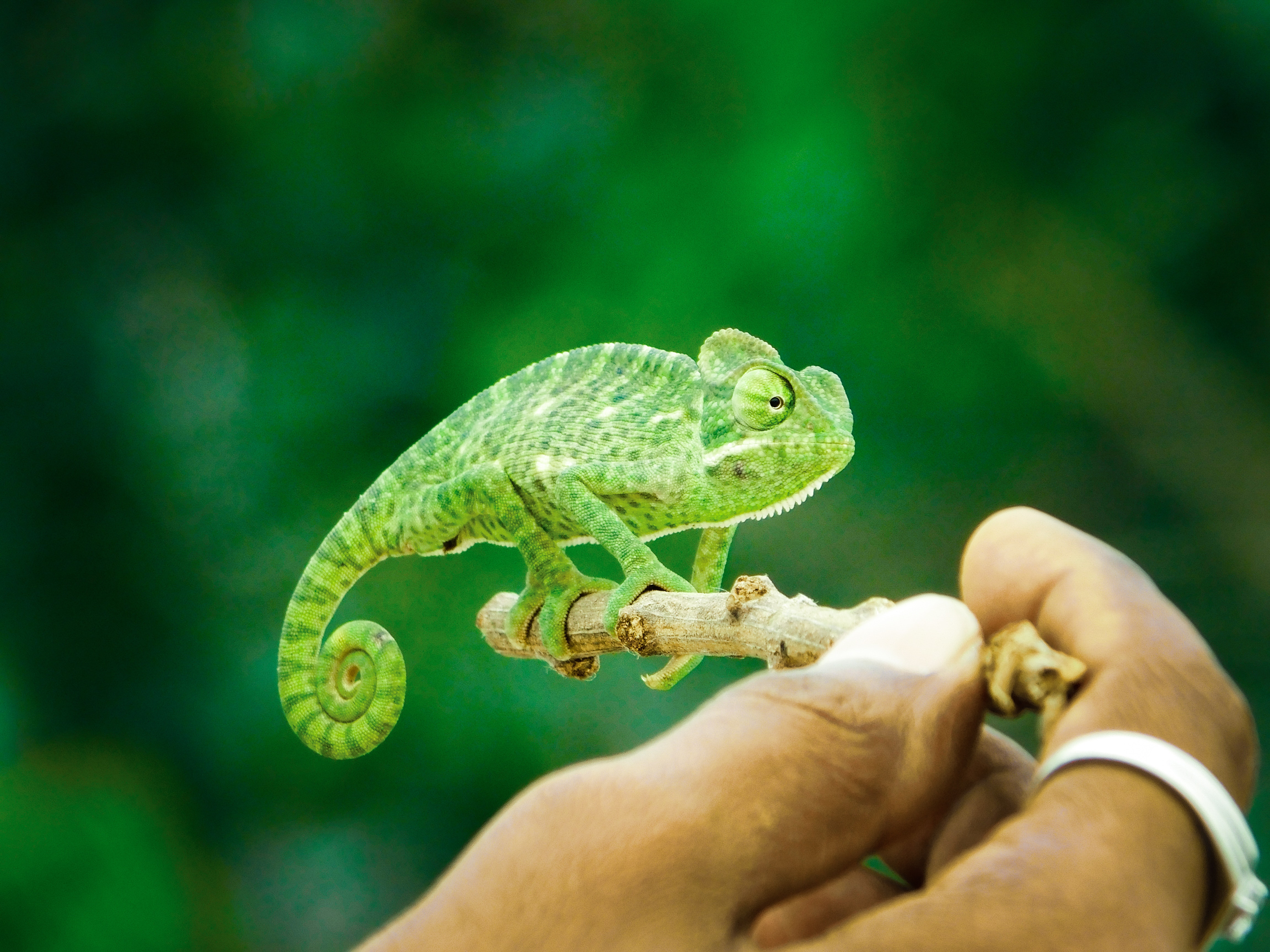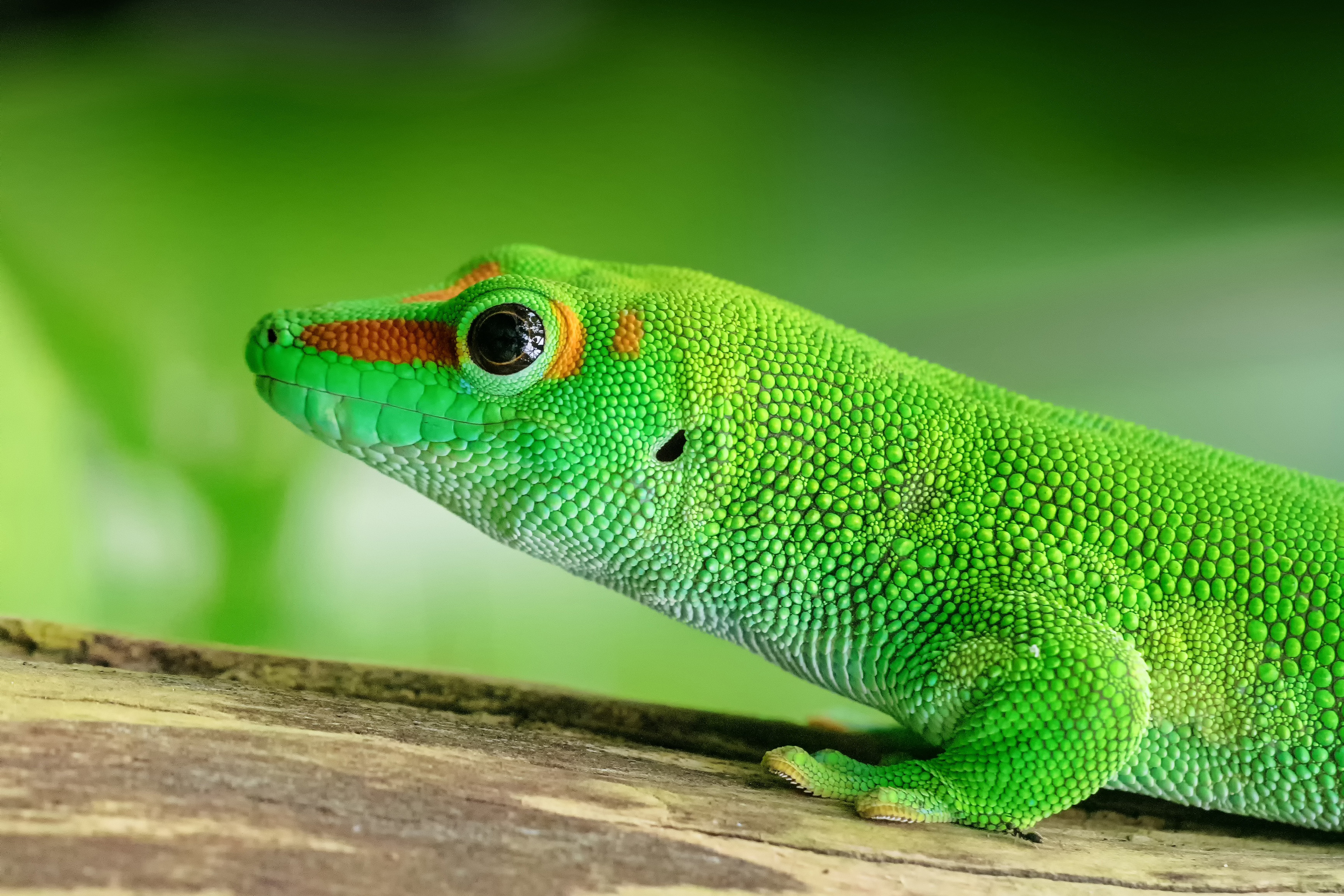
Mediterranean House Gecko Care: A Complete Guide for Lizard Sitters
Are you a proud owner of a Mediterranean house gecko? Or maybe you are considering adopting one as your new reptilian friend? Either way, this blog post is here to help you become an expert in Mediterranean house gecko care. From providing the perfect habitat to ensuring proper feeding and handling, we’ll cover everything you need to know to keep your gecko happy and healthy.
1. Creating the Ideal Habitat
Setting up a suitable habitat is crucial for the well-being of your Mediterranean house gecko. Here are some key elements to consider:
-
Terrarium Size: A 10-gallon terrarium is generally sufficient for a single gecko, but more space is always better. Ensure proper ventilation and provide hiding spots with rocks, branches, or artificial plants.
-
Temperature and Lighting: Maintain a temperature gradient of 85-90°F (29-32°C) on the warm side and 75-80°F (24-27°C) on the cooler side. Use a heat lamp or heating pad, along with a UVB light that mimics natural sunlight.
-
Substrate: Choose a substrate that retains humidity, such as coconut fiber, reptile bark, or paper towels. Avoid using loose sand or small particles that can be ingested and cause digestive issues.
2. Feeding and Nutrition
Feeding your Mediterranean house gecko a balanced diet is essential for its overall health. These omnivorous lizards primarily consume insects but also require some fruit or nectar. Here’s what you need to know:
-
Insects: Offer appropriately-sized insects like crickets, mealworms, and dubia roaches. Dust them with calcium and multivitamin supplements before feeding to prevent mineral deficiencies.
-
Fruit and Nectar: Provide a small amount of mashed fruit or commercial gecko diet once or twice a week as a supplement to their insect-based diet. This ensures a varied and nutritionally adequate intake.
-
Water: Always have a shallow dish of clean water available for your gecko. Mist the terrarium daily to maintain proper humidity levels.
3. Handling and Socialization
While Mediterranean house geckos are generally docile, they may take some time to get used to handling. Here’s how you can build trust and socialize with your gecko:
-
Start Slow: Begin by simply observing your gecko in its enclosure. Once it seems comfortable, gently introduce your hand and allow it to crawl onto you at its own pace.
-
Be Gentle: Avoid grabbing or squeezing your gecko, as this can cause stress and potential harm. Instead, let your gecko walk onto your hand and support it from below.
-
Regular Interaction: Handle your gecko regularly, but always be mindful of its body language. If it displays signs of stress (such as tail twitching or hissing), give it some time alone.
4. Health and Veterinary Care
Keeping an eye on your gecko’s health is crucial for catching any potential issues early on. Follow these guidelines to ensure your gecko’s well-being:
-
Regular Check-ups: Schedule annual wellness exams with a reptile-savvy veterinarian. They can assess your gecko’s overall health, address any concerns, and provide preventive care.
-
Watch for Warning Signs: Look out for symptoms like appetite loss, lethargy, skin problems, or changes in behavior. If you notice any abnormalities, consult a reptile veterinarian promptly.
-
Parasite Prevention: Implement a regular parasite prevention protocol recommended by your vet to protect your gecko from common parasites such as mites or ticks.
By following these care guidelines, you’ll provide your Mediterranean house gecko with a thriving and enriching environment. Remember, each gecko is unique, so pay attention to their individual needs and behaviors. Happy lizard keeping!
Keep Reading

Care For a Chameleon: The Ultimate Guide to Lizard Care
Chameleons are fascinating creatures known for their unique ability to change color. However, they also require special care to thrive in a captive environment.

Green Anole Care: Tips for Keeping Your Lizard Healthy and Happy
Green Anoles are fascinating reptiles known for their vibrant green color and ability to change shades. If you're considering keeping a Green Anole as a pet, it's essential to provide the right care to ensure their well-being.